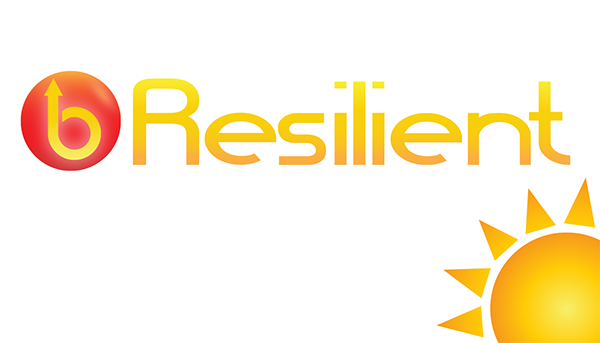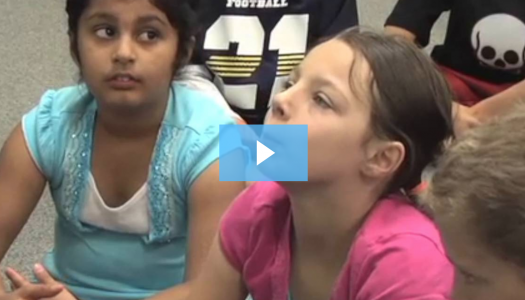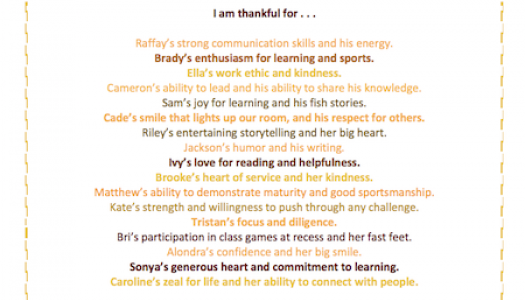
Samantha Behne
“Can I have a consequence?”
This was the newest phrase repeatedly shared by my friend’s three-year-old son, Louis, after his first week of preschool.
He is adorable and very funny, so you can imagine the laughs we had when in the middle of playing he would look up with his big brown eyes and a smile on his face and say, “Sooo . . . can I have a consequence?” He would pause for a minute and then just giggle.
The first time he did it, we laughed with him. The second time, we told him he was silly. Then, after many more requests for a consequence, we asked him what he meant. All he would say is “A consequence.” It was obvious he had heard the word in school but did not understand its meaning.
This made me reflect on the language I use with my students and wonder if maybe, just maybe, I use any words or phrases they are unfamiliar with or don’t understand. For example, when I tell them we ignore distractions, do they know what a distraction is? Or when I use words like stamina, persevere, independent, transition, respect . . . are they understood in the context in which I use them? It would be hard to follow directions or meet expectations if you didn’t understand what was being asked of you.
So, thanks to Louis, I am working to pay closer attention to the words I use when I teach. And, I spend a little extra time checking for understanding to make sure my students have every opportunity to succeed. Otherwise, the “consequence” of misunderstood lessons or directives may be a lost opportunity for learning or success.
Has the new school year got the best of you? Let us help you teach your students to become self-regulated learners!
News From The Daily CAFE
Step 3—Record Desired Behaviors
Make Time to Compliment
Commenting on Progress Reports . . . What Do I Say?










